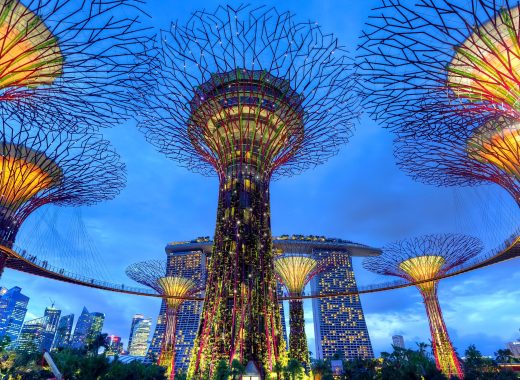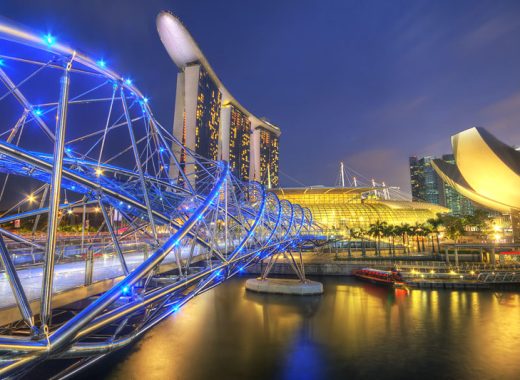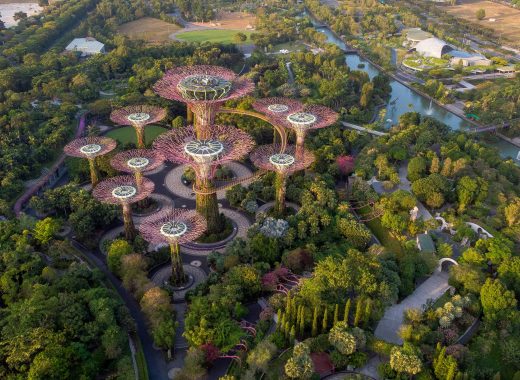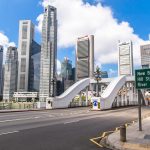As a regional leader in sustainable tourism, Singapore has set a great example for the rest of Asia. Here’s how the island nation is making waves with its environmentally conscious tourism strategy.
A Cohesive Plan
One of the main reasons why Singapore has become a pioneer in sustainable tourism is due to the government’s proactive and progressive approach to meeting its goals. The STB or Singapore Tourism Board and local authorities were crucial to the development and ultimate success of the Singapore Green Plan 2030, which aims to make Singapore a “responsible destination” as well as a “city in nature” according to the area director for the Middle East in the tourism board.
Sustainable Hotel Practices
Pan Pacific Singapore and all other five-star hotels in Singapore also fall under the purview of the Singapore Hotel Association, which has recently introduced a Hotels Sustainability Committee. This organization will make sure hotels, resorts, and hospitality hubs around the island are helping the country meet its Singapore Green Plan 2030 objectives by reducing waste, water, and the carbon footprint left by hotel operations. Another goal of this initiative is to make Singapore a zero-carbon emissions destination by 2030.
Green Attractions
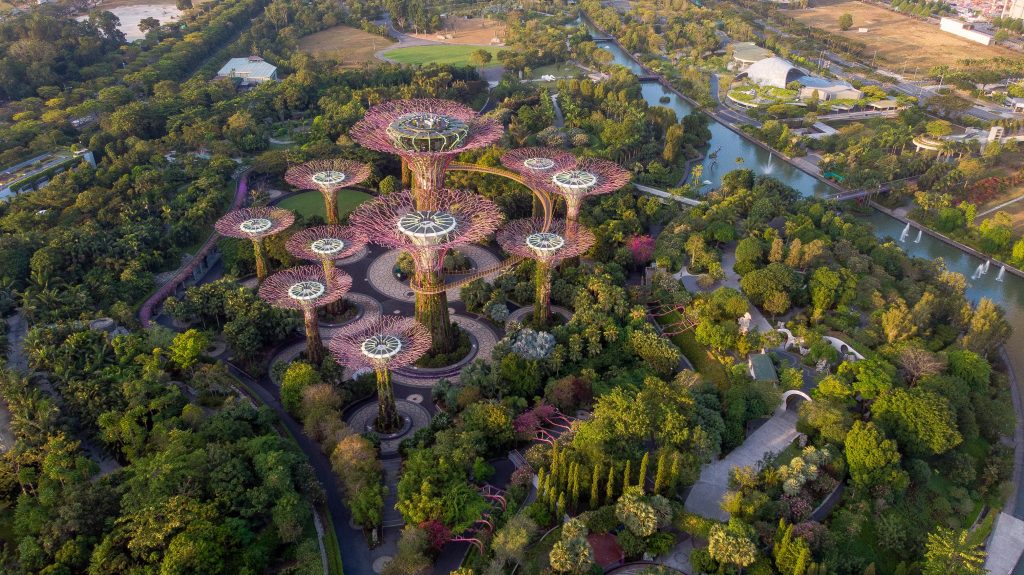
Aerial view of the Gardens by the Bay | Image by Sergio Sala via unsplash
Another way Singapore is integrating sustainability into its travel landscape is through attractions that are steeped in eco-friendly principles. The Gardens by the Bay is one such nature park which also happens to be the home of the world’s most expansive glass greenhouse.
Sustainable Dining Options
Local restaurants such as Analogue and Naked Finn are also jumping on the bandwagon offering diners sustainable food and beverage alternatives that make use of locally-grown produce. Farm-to-table restaurant efforts are also aided by Singapore’s Open Farm Community and restaurants such as Drunken Farmer.




